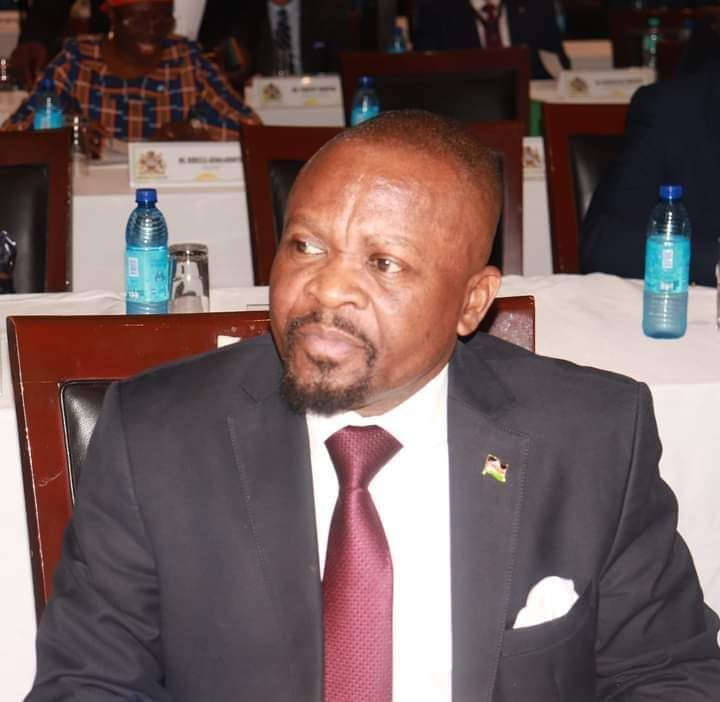By Burnett Munthali
The tragic plane crash that claimed the life of Vice President Saulos Klaus Chilima on June 10, 2024, has left a significant void in Malawian politics and the United Transformation Movement (UTM). This analysis examines the leadership succession issues surrounding Dr. Michael Usi, the current Vice President of Malawi and former UTM VP, and explores the broader implications of this crisis.
Leadership succession of Dr. Michael Usi
In the wake of Chilima’s death, Dr. Michael Usi, as the next in line within UTM’s hierarchy, was expected to assume leadership responsibilities. According to party norms and political tradition, the Vice President is supposed to step into the role of acting president when the incumbent is incapacitated or deceased. However, Usi’s response has been marred by controversy and criticism.

Dr. Michael Usi’s transition to UTM’s presidency has been fraught with challenges. His reluctance to engage actively in party affairs and his unorthodox public appearances, such as wearing a football jersey instead of party regalia, have led to widespread discontent. This discontent is compounded by Usi’s perceived disengagement from key UTM activities and his failure to provide clear leadership during this critical period.
As Vice President of Malawi, Usi’s role involves both national and party responsibilities. His struggle to balance these roles has become apparent, leading to questions about his effectiveness and commitment to both positions. The confusion and lack of direction within UTM during this time highlight the difficulties in transitioning leadership smoothly in times of crisis.
People’s discontent against Michael Usi
The dissatisfaction among UTM members and the public reflects a broader concern about Usi’s suitability for leadership. His failure to immediately step into a leadership role, coupled with his apparent withdrawal from party activities, has eroded confidence in his ability to guide the party through this challenging period. This discontent underscores the importance of effective and visible leadership in maintaining party cohesion and public trust.
The current situation emphasizes the need for thorough scrutiny of a party’s vice president. A VP should not only be prepared to step into the leadership role when necessary but should also be capable of effectively managing the party’s affairs and maintaining stability. The difficulties faced by UTM highlight the risks associated with a lack of preparedness and the potential consequences of inadequate leadership.
Lessons learned from this confusion
Several lessons can be drawn from this situation:
1) Parties must ensure that their vice presidents are adequately prepared to assume leadership roles if needed. This includes clear protocols for succession and a well-defined leadership strategy.
2) Clear and consistent communication from party leaders is crucial during times of crisis to avoid confusion and maintain public confidence.
3) Active and engaged leadership is essential for managing both party affairs and public expectations, especially during transitions.
4) The behavior and actions of leaders, particularly in times of crisis, can significantly impact public perception and support.
In conclusion, the plane crash that killed Saulos Chilima has exposed significant challenges in UTM’s leadership succession and highlighted the need for careful consideration and preparation for such transitions. The ongoing discontent with Dr. Michael Usi underscores the importance of effective leadership in navigating both party and national responsibilities.


